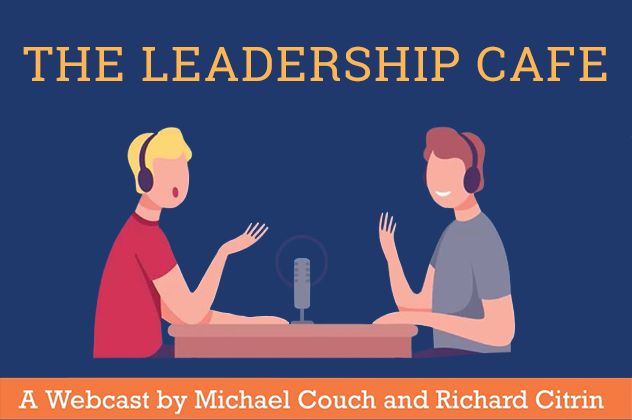As a psychologist, I often listen to friends, colleagues, and family members. People open up when they discover my background, sharing their dilemmas and concerns. It is not unusual for it to occur after they finish making a statement, like “I bet you already have me figured out” (no, I don’t!)
In working with my clients in business settings, I focus on understanding clients’ needs for success and offering insights, ideas, and strategies. People are paying for my services and want to hear my thoughts and ways to act on them. In my personal life, it’s not always that simple. The challenge lies in knowing how to respond when others seek my advice. An article in the New York Times, helped me simplify the process to “Hear, Hug, Help.”

Hear: Most of the time, people just want to be heard and acknowledged. It’s powerful because it assumes they often know the solution but must tell it to another person. When someone shares, reflect on what you heard and ask questions like, “How have you considered dealing with this issue?”
Hug: The “hug” is about providing emotional support. You may not always physically hug someone, but you can offer the support they need by validating their situation. For example, say, “I can see how upsetting that is,” or, “I’m not sure how I would handle that situation either.” The “hug” says, “I understand and care about you.”
Help: Sometimes, we provide advice even when it’s not requested. In the early days of my marriage, Sheila would remind me that she just needed me to listen and not offer advice right away. Effective advice-giving is an advanced skill, and even if you are giving advice as a manager, it is better to wait until it is asked for rather than providing unsolicited.
Being an influential family member, friend, colleague, or manager means assisting at the level the other person needs. It’s okay to ask after someone has described a problem whether “they are seeking to be heard, receive a “hug,” or get help.” This clarification helps define your role and aids them in reaching their goals.
In a world where we’re constantly navigating personal and professional challenges, “Hear, Hug, Help” can be a helpful communication practice, guiding you to find the proper connection with another person.
Here’s how you can apply these principles in your own life:
Embrace “Hear, Hug, Help” in Daily Interactions
The next time someone reaches out to you with a problem or concern, remember that they may be seeking to be heard, receiving an actual or symbolic “hug,” or wanting practical help. Take a moment to understand their needs and apply the appropriate approach.
Practice Active Listening
Listening is not easy, and listening with intent is even more difficult. Demonstrate attentiveness by doing something like putting your phone away, reflecting on what you’ve heard, and asking open-ended questions to encourage them to explore their solutions and
Offer Support
Whether it’s affirming their feelings or a simple “I understand,” let others know you care. Empathy is like a beacon of light that helps illuminate a path.
Don’t Offer Unsolicited Advice
Before jumping to provide advice, assess whether it’s being sought. It’s the distinction between Hear, Hug, and Help.
Be a Catalyst for Helping People Change
By using “Hear, Hug, Help” effectively, you can be a force for positive change in the lives of those around you. Your words and actions can empower them to overcome challenges and achieve their goals. You can also role model how to be a good communicator.
Incorporating these principles into daily interactions can lead to more meaningful and resilient relationships. It’s not just about being a better friend, colleague, or family member; it’s about making a difference in the lives of those you touch. Try “Hear, Hug, Help” and see how it strengthens their resilience and your own.
Photo Credit: Magda Ehlers, Pexels
© Richard Citrin 2023

